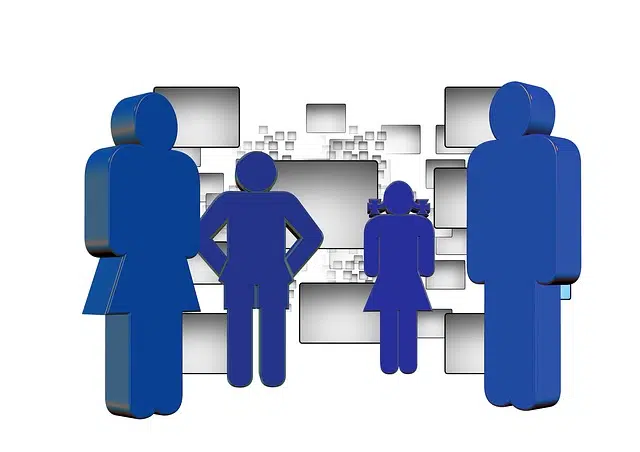
Permissive parents authorize their children to perform certain actions that, in other families, are usually prohibited.
The permissive adjective qualifies the subject who has a tendency to consent or give permission for certain things . In this way, the permissive person shows their flexibility when it comes to establishing limits or exercising their authority .
For example: “My brother is too permissive with his children: I don't share his parenting methods ,” “Tatiana's boss is permissive and lets each employee dress as they want,” “I am not permissive, although I am always willing to talk.” ” .
Examples of permissive individuals
Whoever is permissive, therefore, shows tolerance for the transgression of norms or, at least, appears as someone who is open to the exchange of opinions and reasons before making a decision. If a teacher announces the date of an exam and, after the pleas of her students, decides to postpone it for a few days, she can be said to be a permissive person.
A parent, on the other hand, will be classified as permissive when he allows his child to carry out certain activities or have certain behavior that, for other parents, could be cause for censure or disapproval . A permissive parent, in this way, would let his teenage son move alone on the street even at night, would allow him to attend rock concerts with his friends or would accept that he not study when he does not feel like doing so.
The opposite of permissive is strict . The boss who prevents his employees from talking during work hours, the teacher who does not accept any excuse when a student does not complete an assignment, or the father who does not let his teenage son attend a nightclub could all be mentioned as strict. As in many other cases, neither extreme is beneficial.

Someone who is strict acts in the opposite way to a permissive individual.
Types of parenting
Nowadays, more and more families are becoming aware of the importance of the parenting style they adopt in the development of their children and their future personalities. While it is true that the parent-child relationship should be spontaneous, it should not be forgotten that every word, every gesture, every lesson that parents give their children during the first years of life will mark and condition them forever .
On the other hand, each child has a different predisposition to one treatment or another, as well as concerns and ways of being that influence the effectiveness of each parenting style. This leads us to the conclusion that there is not a single method that works in all cases, but that the education process must be flexible and consist of paying close attention to each step, to make the best decisions.
The permissive style
Some well-defined characteristics of the permissive parenting style are the following:
* communication and affection are present in abundance, but attitudes typical of maturity and responsibility are not required;
* The interaction between parents and children is governed by the wishes and interests of the latter. In order for children to accept what is asked of them, parents try to adapt by minimizing their intervention in decisions;
* There is no control generally considered necessary over the behavior of minors, which is why clear or strict rules are not proposed;
* Far from a system of rewards and punishments, the permissive parent believes that the child will learn from his experience to choose the most correct path.
A child of permissive parents usually appears enthusiastic and lively at first glance, although when the time comes to make important decisions he acts impulsively, dominated by an immaturity that threatens to destroy his initial efforts. Furthermore, his lack of self-control and persistence in his endeavors demonstrates the lack of limits during his upbringing.
